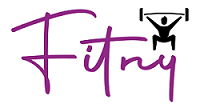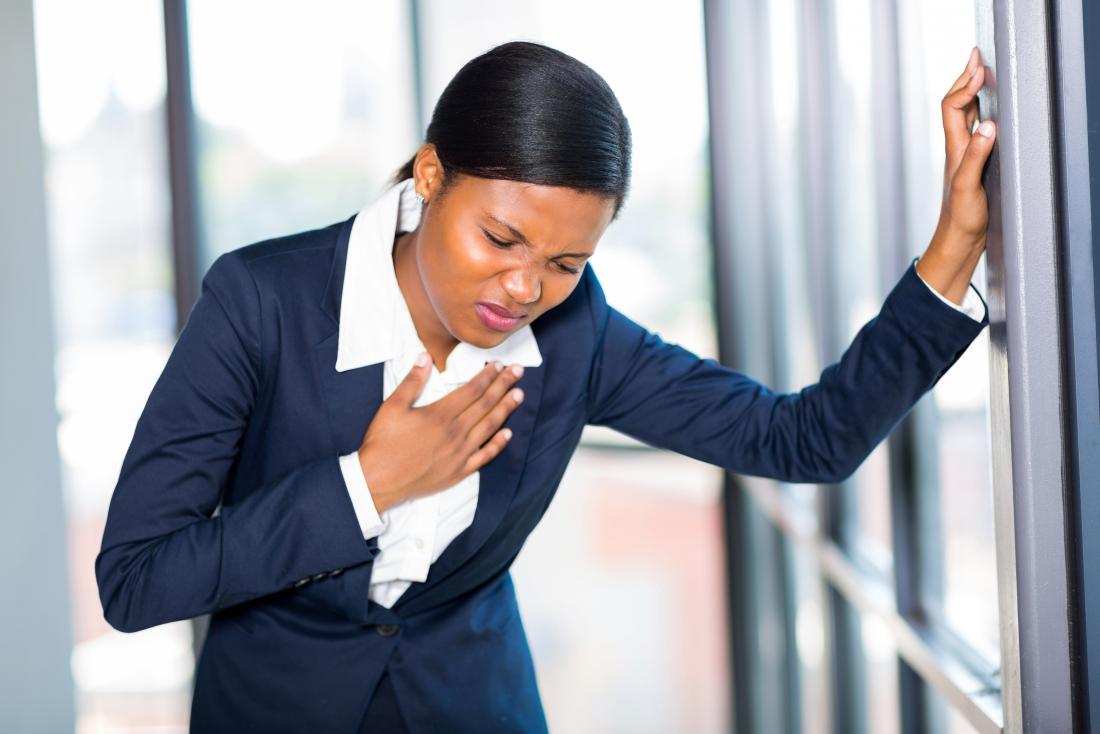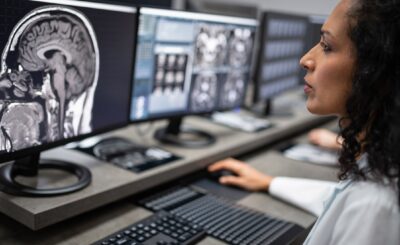The thought of suffering from a heart attack when no one is around you is frightening! If you ever experience signs or symptoms of an impending heart attack, you need to act fast. The first few hours are critical, but a person can prevent the attack from progressing into something worse.
Some of the warning signs of heart attack are quite obvious. If you experience mild discomfort and chest pain, along with other warning signs, immediately seek help from a nearby person or ask someone to reach for medical help. Acting quickly in such emergency situations can significantly improve survival chances and avert serious damage to the heart. Taking the right moves in the nick of time is a vital step during a heart attack.
Here are a few steps you need to take to get emergency medical attention, especially when you are alone:
Reach Out For Immediate Medical Help
If you are alone, the first and foremost thing is to pick up the phone and call emergency medical services. AMRI Hospitals cardiologist explained that the first one hour of heart attack is known as the “Golden Hour”, where a patient’s life can be saved with prompt and emergency measures, reversing its effect to the heart.
Keep a list of friends and neighbours handy, who can help you in case of emergencies. Get someone to drive you to the hospital promptly, or call for emergency ambulance services. The EMS ambulances have specialists, who can provide immediate therapy or initiate diagnosis before reaching the hospital.
-
Know Your Symptoms
Identifying symptoms of a heart attack is not that difficult. There are some classic symptoms that need to be immediately addressed. Some of these signs include:
- Severe chest pain (associated with tightness, squeezing, or heaviness) in the left or central part of the chest, which lasts for more than 15-20 mins
- Sudden pain shifting towards left upper arm, neck or jaw
- Profuse dizziness, sweating, and trepidation
Most people undergo these symptoms while experiencing a heart attack. Additionally, patients of diabetes, hypertension, and neurological diseases can develop other symptoms such as mild chest pain, shortness of breath, nausea, vomiting or obscure pain in the epigastric region
Take Aspirin
You might have read about the benefits of taking aspirin during a heart attack. If you are still conscious, take it as a positive sign and grab an aspirin tablet. One regular aspirin (300-325mg) or four small aspirin tablets will work immediately to slow down the blood clotting and minimise the size of the clot effectively. You can even chew the tablets to get them into the bloodstream fast.
Note:
It is important to know that a heart attack can occur to anyone at any time with or with risk factors. Patients suffering from chronic ailments or heart diseases are at higher risk of a heart attack. People suffering from diabetes, high blood pressure, kidney problems, obesity, or those with exposure to drugs, cigarettes and excessive alcohol have a higher risk of attacks at an early age. A healthy lifestyle and regular check-ups to detect the early warning signs can help mitigate the risks of a heart attack .








